

The information age begins with the computer invention and revolutionize society with its interconnection

The development of computing starts the information age. The computer displaces capacities of the human brain, its books and libraries to process and store large clusters of information.
Initially revered as almost magical objects, computers were integrated into our daily lives as they were manufactured increasingly smaller and less expensive.
Half a century later the next advance coming on with the creation of Wide World Web software: the internet appears. The computers were progressively connected, increasing the amount of data avaible. Growing development of hardware and software technologies increases the computing capacity, available data become more information and greater knowledge.
Tim Berners-Lee, a British scientist at CERN, invented the World Wide Web (WWW) in 1989...
On 30 April 1993 CERN, the European Organization for Nuclear Research, put the World Wide Web software in the public domain. CERN made the next release available with an open licence, as a more sure way to maximise its dissemination. Through these actions, making the software required to run a web server freely available, along with a basic browser and a library of code, the web was allowed to flourish.

Internet of Things: exponential information capacity and automation in sight

In the last decades several technological developments have broadened the spectrum of interconnectivity; such as the creation of intelligent sensors based on Radio Frequency Identification RFID (Kevin Ashton, CISCO), Internet Protocol Version 6 (IPV6). Nowday they enable all smart devices to connect on the internet, uploading huge amounts data about their environment, interconnections and functioning; allowing people and industries multiple and potential applications with some important limitations for developing them.
The stereotyped idea we have received about artificial intelligence is a robot that begins awkwardly to act almost human.
Imagine now our car, air conditioning, microwave oven, kitchen, refrigerator, cell phone, television, traffic light, power station, GPS, processes in offices, factories, farming ... All devices involved in our lifes sensoring every enviroment data, processing and sharing them and acting as appropriate; interconnected with each other on a network. That would be the Internet of Things.
Kevin Ashton, British technology researcher coined the concept "Internet of Things". The underlying idea is computers and devices with built-in sensor capacities and a remote data storage and retrieval system (RFID), each and every one interconnect among them and on a network to sharing and transfering information.
In the twentieth century, computers were brains without senses—they only knew what we told them. That was a huge limitation: there is many billion times more information in the world than people could possibly type in through a keyboard or scan with a barcode. In the twenty-first century, because of the Internet of Things, computers can sense things for themselves.

Current limitations in the Internet of Things

Nearly 20 billion devices connected to the internet are gathering large amounts of data and to realize its full potential the Internet of things must solve 3 weak points..
- Overcome the lack of data security and privacy protection
IoT devices are gathering data of both businesses and individuals. It is possible to use this data to trace the activity of businesses and individuals which raises concern among many people, especially that the majority of IoT data is stored in the hand s of only a handful of companies from the top of the ecosystem.
- Absence of interoperability between different IoT platforms
The centralization of IoT data creates barriers for data sharing and circulation. Leading companies in nearly every indu stry are rushing to stake their claims on the new market frontier of IoT Big Data, hoping to take the lead in this new chapter of Information Age. However, it is often the case that many other companies that could potentially utilize this data are competit ors with those big industry leaders.
- The cloud computing architecture will not guarantee interactions in real time
For application scenarios that require real-time interactions, such as VR, industrial IoT and autonomous driving, IoT networks built on cloud tend to see delay of up to several hundred milliseconds from perception to execution, which is too slow a response to the control end.

IONchain.org : Edge Computing Technology, Blockchain and value creation on IoT

Edge computing involves processing and storage near source data and it implies decentralizing computer services which significantly decreases latency. Attacks on privacy and data security are also reduced, although they are not prevented. There is a necessary condition, devices should have computing capacity:
Edge computing, as a result, “is a new paradigm in which substantial compute and storage resources are placed at the edge of the Internet, in close proximity to mobile devices or sensors (source)”. An edge device might be the mobile phone you might be using right now. It can be security cameras all around the streets and banks. They don’t have to be small either, self-driving cars are also considered edge devices.Edge computing also has its risks since data is stored locally there may be loss or corruption of data.
To enterely overcome these risk IONchain.org create a platform which combines the best feactures of the edge computing with the best ones of the blockchain, also Introducing a cryptocurrency in the IoT IONchain.org moves towards an Internet of Thingss Economy.
Blockchain is based on distributed ledger technology which feactures guarantee resistance to malicious attacks, protection of privacy, and once data is stored it remains immutable
Edge computing provides much shorter latencies and thus enables real-time availabilityIONchain.org protocol integrate both technologies and developes a platform which
aims to become the underlying particle in the Internet of Things (IoT) ecosystem. Through their IONChain Protocol, IONChain will serve as the link between IoT devices, supporting decentralized peer-to-peer application interaction between devices..
- Every device is a mining machine
Once connected to the IONChain network, a device will constantly contribute its calculative power via the Ionization Algorithm and in turn, receive IONC tokens as mining reward. A device’s contribution is jointly determined by the Data Quality Proof Consensus and Time Lapse Proof Consensus. This consensus mechanism will consider a devices' function, data quality and quantity in calculating its contribution."Device" stands for the IoT devices participating in the IONChain ecosystem, "Coin" stands for the cryptocurrency IONC. "Code" is the unique identification code which can also be used as a wallet for these IoT devices inside the IONChain network.
- One device, one code, one coin
Blockchain is based on distributed ledger technology which feactures guarantee resistance to malicious attacks, protection of privacy, and once data is stored it remains immutable
Edge computing provides much shorter latencies and thus enables real-time availabilityIONchain.org protocol integrate both technologies and developes a platform which
aims to become the underlying particle in the Internet of Things (IoT) ecosystem. Through their IONChain Protocol, IONChain will serve as the link between IoT devices, supporting decentralized peer-to-peer application interaction between devices.
- Every device is a mining machine
Once connected to the IONChain network, a device will constantly contribute its calculative power via the Ionization Algorithm and in turn, receive IONC tokens as mining reward. A device’s contribution is jointly determined by the Data Quality Proof Consensus and Time Lapse Proof Consensus. This consensus mechanism will consider a devices' function, data quality and quantity in calculating its contribution."Device" stands for the IoT devices participating in the IONChain ecosystem, "Coin" stands for the cryptocurrency IONC. "Code" is the unique identification code which can also be used as a wallet for these IoT devices inside the IONChain network.
- One device, one code, one coin

SUMMARY

- "One Device..."
IONchain.org Internet of Things infraestructure project standardizes communication between different kinds of devices improving and increasing automation of things
- "...One Coin..."
IONchain.org ionization algorithm allows any devices integrated into its IoT network become miner and generate value
- ...One Code"
It refers to the unique identification code of the IoT device connected to the IONChain network
- Edge Computing Technology
The periferical computing built-in devices result burden reduction of transfering data; which increases scalability by enabling tens of billions of devices that can be interconnected
- Inter Planetary File System (IPFS) Integration
Edge computing, takes IPFS (Interplanetary file system) as a medium of data storage, and uses distributed architecture to effectively evade the potential safety hazards of centralized storage

RoadMap


IONChain Close Team

- Danny: Product Director More than 10 years experience on IoT device design
- Eric: BD and Ecological Construction Co-founder of IONChain, Over 10-years experience on marketing development and business management in telecommunication industry
- Terry: Founder 16-year experience of consulting and system architecture
- Robert: Technical Director 15 years experience of programming and systems architecture
- Daniel Wu: Chief Architect Blockchain Technology & Security Encryption Expert

More Information & SocialMedia:
- IONChain Website
- IONChain WhitePaper
- IONChain GitHub
- IONChain Bitcointalk Explanation
- IONChain Medium
- IONChain Steemit
- IONChain YouTube
- IONChain Telegram
- IONChain Twitter
- IONChain LinkedIn

Here is my Tweet about "IONChain.org 1300 STEEM WRITING CONTEST" contest
This article is an entry to @originalworks "IONChain.org 1300 STEEM WRITING CONTEST"

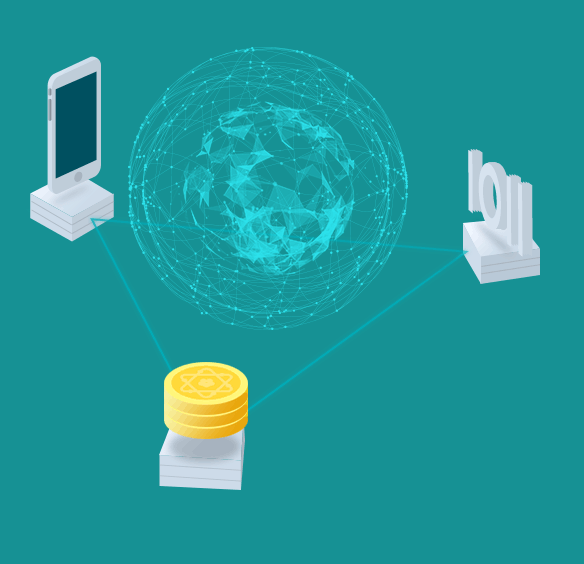
ionchaintwitter
ionchain2018
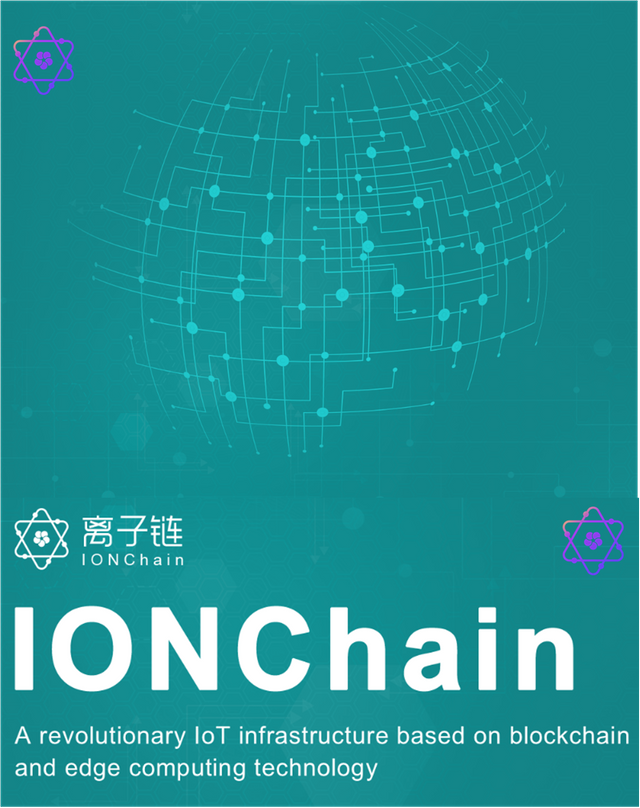
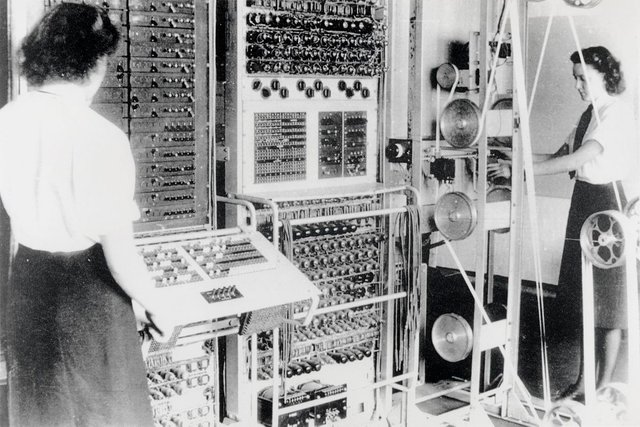
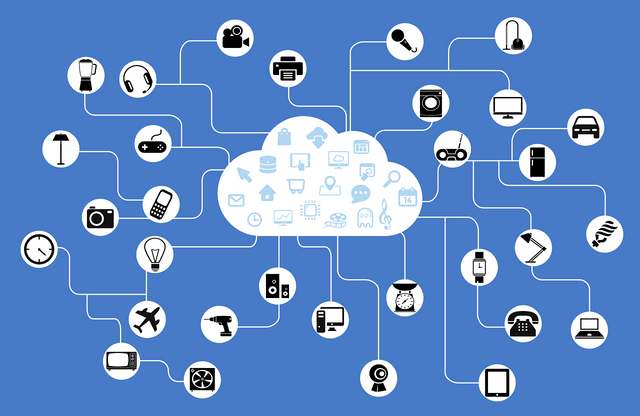
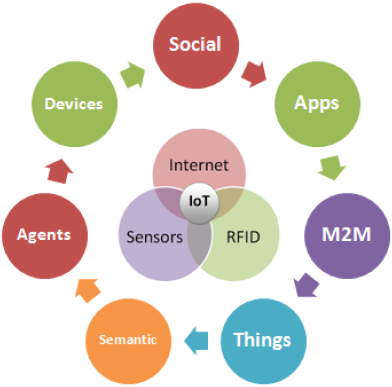
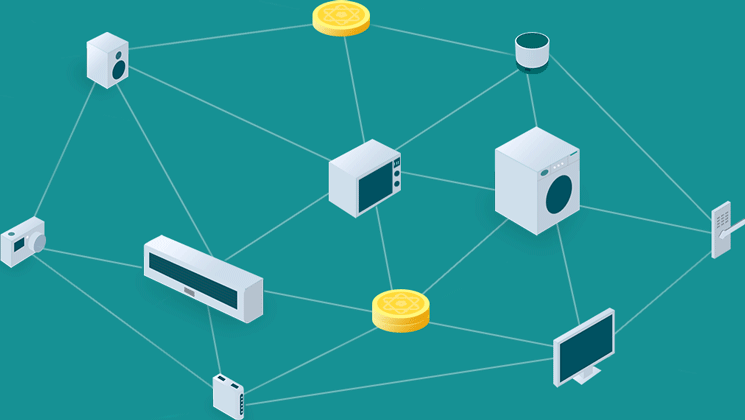
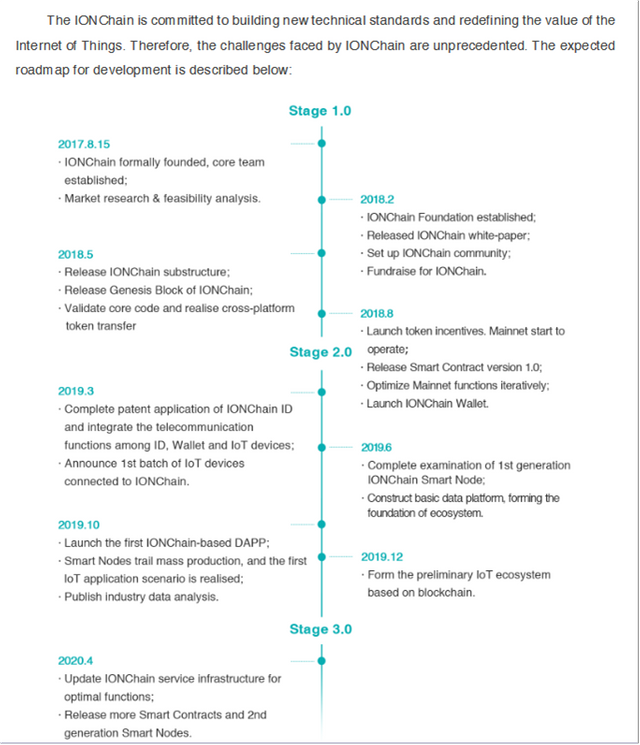

Congratulations @purplepaper! You have completed the following achievement on the Steem blockchain and have been rewarded with new badge(s) :
Click here to view your Board
If you no longer want to receive notifications, reply to this comment with the word
STOPDo not miss the last post from @steemitboard:
Downvoting a post can decrease pending rewards and make it less visible. Common reasons:
Submit
Congratulations @purplepaper! You received a personal award!
Thank you for taking part in the early access of Drugwars.
You can view your badges on your Steem Board and compare to others on the Steem Ranking
Do not miss the last post from @steemitboard:
Vote for @Steemitboard as a witness to get one more award and increased upvotes!
Downvoting a post can decrease pending rewards and make it less visible. Common reasons:
Submit